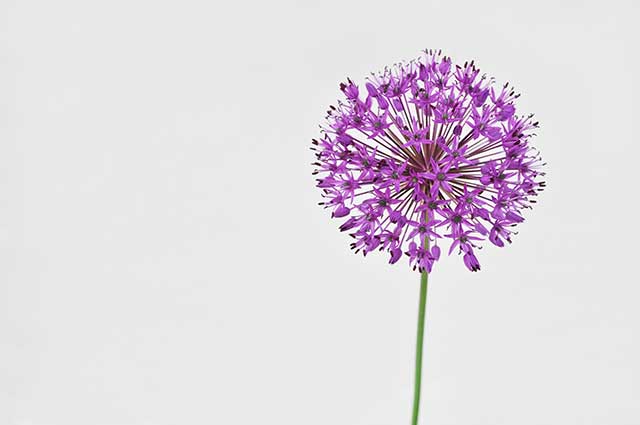Why is your jaw so tight? Causes and treatments
02/18/2020 / By Darnel Fernandez

The lower jaw, also known as the mandible, moves by the contraction and relaxation of jaw muscles. It is also the only part of the jaw that moves when eating or talking. But, as with all muscles in the body, the ones in the jaw can become stiff and sore from time to time. This stiffness affects the movement of the mandible and even leave an impact on the jaw’s joints. But what exactly causes this tightness and what can you do to alleviate it?
The culprits behind jaw tightness
The joint of the jaw, referred to as the temporomandibular joint (TMJ), is a ball-and-socket joint that connects the lower jaw to the skull. The muscles surrounding the TMJ control all the movements of the jaw like opening and closing the mouth. Depending on the cause, you can experience jaw tightness and jaw pain on different parts of the face; the left, right or even both sides. The intensity of the pain can even vary from mild to severe pain, which intensifies when chewing or yawning. Below is a list of potential causes of jaw tightness. (Related: Headaches, injuries, and more: Possible causes of facial pain plus some natural remedies.)
Temporomandibular joint disorders
TMD or TMJD refers to a group of conditions that can cause pain and dysfunction in the TMJ and the muscles that control jaw movement. The National Institute of Dental and Craniofacial Research reports that TMD affects around 10 million Americans and the condition is much more common in women than men.
Tetanus
Also known as lockjaw, tetanus is a potentially fatal bacterial infection caused by the Clostridium tetani bacteria. The infection is characterized by painful muscle contractions in the neck and jaw caused by toxins produced by C. tetani. If left untreated, tetanus can be life-threatening. According to the Centers for Disease Control and Prevention, approximately 10 to 20 percent of tetanus infections are fatal.
Stress and anxiety
Both stress and anxiety are common causes of muscle tension. When under the effects of stress or anxiety, you might inadvertently clench your jaw or grind your teeth when you’re asleep. You can even hold your jaw in that clenched position while you’re awake without you being aware of it. Over time, this causes strain to your jaw muscles and leads to muscle stiffness.
Teeth grinding
Teeth grinding, also known as bruxism, can be caused by genetics, stress or dental problems like misaligned teeth. This unconscious habit can occur while awake or asleep, which can cause permanent damage to the teeth and trigger other symptoms like jaw pain.
How to take care of your jaw
While having a tight jaw can be annoying and even debilitating at times, you can easily circumvent this by applying certain techniques and strategies that can help relieve the tightness and pain in the jaw:
- Jaw joint stretches – In some cases, you might be able to relieve tightness in the jaw by doing exercises that target the jaw muscles. Exercises like relaxed jaw stretching, goldfish exercises and resistance mouth opening can all contribute to healthier and looser jaw muscles.
- Dietary changes – People experiencing jaw tightness might find it much easier to eat soft foods that require less chewing. This puts significantly less pressure on your jaw joint and jaw muscles, giving them time to heal. Consider adding foods like tofu, yogurt, smoothies and apple sauce to your diet.
- Mouthguards – Those who have developed a teeth-grinding habit can get a mouthguard to help reduce the contact between the upper and lower teeth. This can reduce the wear and tear they experience, as well as eliminate jaw tightness and pain. In addition, some mouthguard models can also assist in repositioning a misaligned jaw joint.
Tightness and pain in the jaw is a common condition. Consult with your natural health practitioner or apply any of the above strategies to help alleviate any pain and stiffness you may experience.
Sources include:
Tagged Under: Anxiety, bruxism, jaw pain, jaw tightness, jaws, lockjaw, mouthguards, oral health, pain relief, prevention, stress, Teeth Grinding, tetanus




















